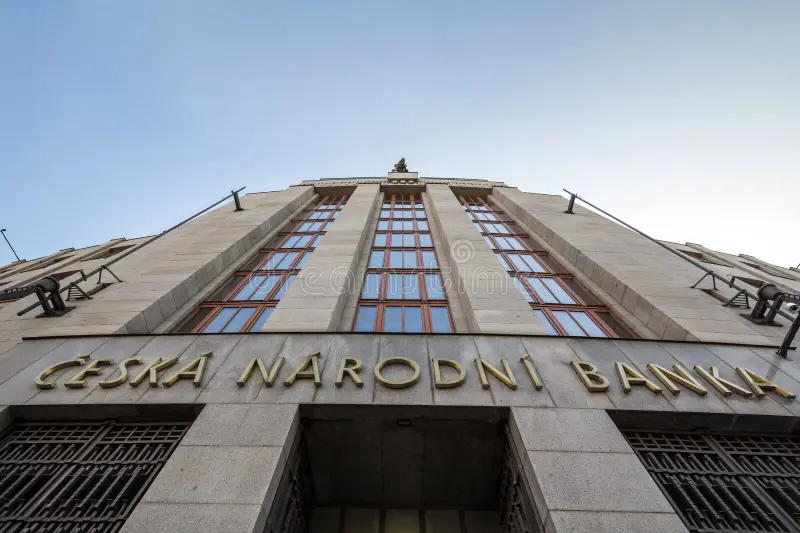The head of the Czech National Bank (ČNB), Aleš Michl, has proposed including Bitcoin in the country’s reserve assets. If the proposal is approved by the board of directors, ČNB could invest up to 5% of its reserves in the leading cryptocurrency, equivalent to approximately 7 billion euros. This could make the Czech Republic the first Western European country whose central financial institution officially adds cryptocurrency to its assets.
According to Michl, such a decision would help diversify assets and enhance the stability of reserves. He also noted that institutional investors’ interest in Bitcoin has increased following the introduction of exchange-traded funds (ETFs) by major companies like BlackRock. In Michl’s view, this indicates the maturity of the cryptocurrency market and its long-term potential.
However, the idea has faced criticism from the European Central Bank (ECB). ECB President Christine Lagarde stated that Bitcoin does not meet the traditional criteria for reserve assets, such as liquidity, security, and stability. She emphasized that no central bank in the EU holds cryptocurrency in its reserves, as Bitcoin’s volatility could threaten financial stability.
Financial experts have also warned about the risks of such a move. In a letter published by the Financial Times, analysts pointed out that central banks should not pursue speculative profits but should instead focus on financial system stability.
If the Czech Republic proceeds with this step, it could set a precedent and encourage other countries to consider incorporating digital assets into their reserves. However, the fate of Michl’s proposal remains uncertain, as the final decision rests with the ČNB board of directors.

New KYC Rules in India: Crypto Exchanges Tighten Scrutiny

Cryptocurrency Licensing in the UK: New Rules and Deadlines

Global Implementation of the CARF Standard: New Requirements for Crypto Services



